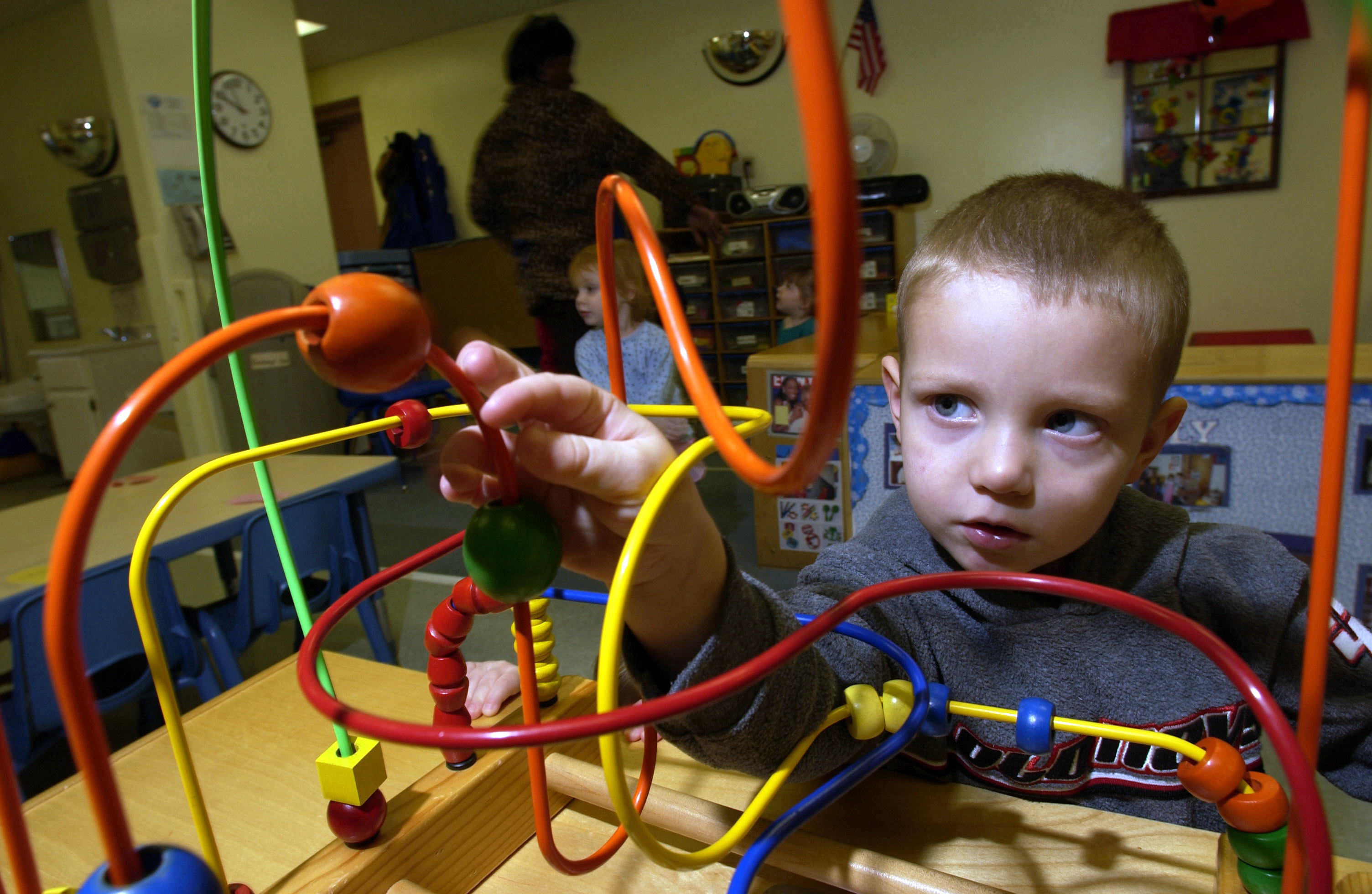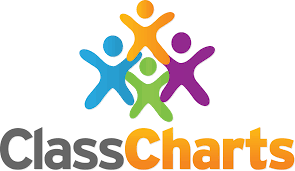Creating and Sustaining Educational Change 101
Edpolicy, edreform, school reform, put kids first,
When considering school reform, it may be advantageous for administrators to think of their schools as businesses. If the structure of the school were to reflect the business model, we would work from the assumption that students in the school system are customers, schools are the businesses, teachers are the employees/supervisors, and the administrators are the CEO’s.
In any business, the customers needs always come first. The reputation for customer service is the best advertising a business can receive. Keeping this savvy business strategy in mind, the business of the school should be to create learning opportunities that lead to greater academic achievement. If educators make lessons fun while adhering to the curriculum, the graduation rate will increase dramatically. If children feel safe and entertained, they will want to come to school. It is the educator’s task to make sure students learn to love to learn, while it is the administration’s task to support their efforts.
The most critical question administrators must confront is: where do we begin? Beginning reform by tackling several goals at once is noble, but not recommended. When trying to start reform in a complex environment such as a school, administrators need to focus on one task at a time. When making decisions, the administration needs to be sure to complete all steps of the reform in sequential order, using a strategic way of thinking.
In some cases goals can be independently accomplished. Departments will be able to achieve short-term goals while accomplishing the larger goals. In education, the improvements that matter the most are those that directly concern children. In order to create the necessary improvements, school districts must be reformed in ways that will sustain change. The ability of a school district to sustain reform should be of the utmost importance to the superintendent and the board of education.
Three conditions must be present in order to sustain reform. First, administrators must come to an agreement concerning the issues that have made it necessary for school reform to take place. They must be open and honest and refrain from blaming others for the issues that exist. All individuals directly and indirectly involved in the school reform must share a common vision.
Administrators should try to come to a consensus regarding the purpose of education and the roles of the faculty and staff. They also need to agree on the rules and guidelines that will support the implementation of the reform, while respecting cultural beliefs of the faculty, staff, and students. Finally, administrators must communicate the current issues of the school and the vision for the future to stakeholders. Those who support and participate in reform need a clear vision of the common goal. Administrators must paint a reform picture that alleviates fears, and entice all to buy into the vision.
Communication is the key to running and sustaining a successful school when creating concrete reform. All participants and key administrators must agree to communicate with each other their understanding of the school reform, including their concerns. The administrators and participants must have a shared understanding of the issues the district faces, as they must learn to articulate, analyze, and explain the issues in a similar way.
There needs to be a common vision concerning students, schools, and the allocation of resources. Administrators must also anticipate new trends and issues preventing reform. Once the obstacles have been identified, it is the duty of the administrator to articulate these trends and issues to the powers that be, i.e., superintendents and school board members. Finally, the most important communication between administrators and staff is how to create reform that provides a quality education for all students.
Communication must also take place among the school district, superintendents, and the board of education in an intentional and ongoing manner. They must continuously reflect in an open and honest way on the effectiveness of the reform, and successfully communicate between departments in the case of promotions, retirements, or sudden resignation.
When creating school reform, administrators should consider communicating with community members. Community members and parents have a lot to contribute when it comes to school reform and they should be encouraged and allowed to do so. Parents and educators undoubtedly have a genuine concern for the needs of students. Why not place the important decisions concerning our students in the hands of the people that have the children’s best interests at heart?
Administrators should also consider teachers as a major part of school reform. Reform is considered a success or a failure based on the students’ performance, but teacher performance is inextricably linked to student performance. Through positive teacher-student relationships, genuine learning can take place in the classroom. Teachers know their students and the educational practices that work best in their classroom.
In schools across the nation, the people in the best positions to create positive outcomes have little to no control over the changes that are made and how they are implemented. Too often, the most critical decisions concerning the educational system are made by people without the capacity to understand the inner workings of the individual school and what it takes to ensure no child is left behind.




